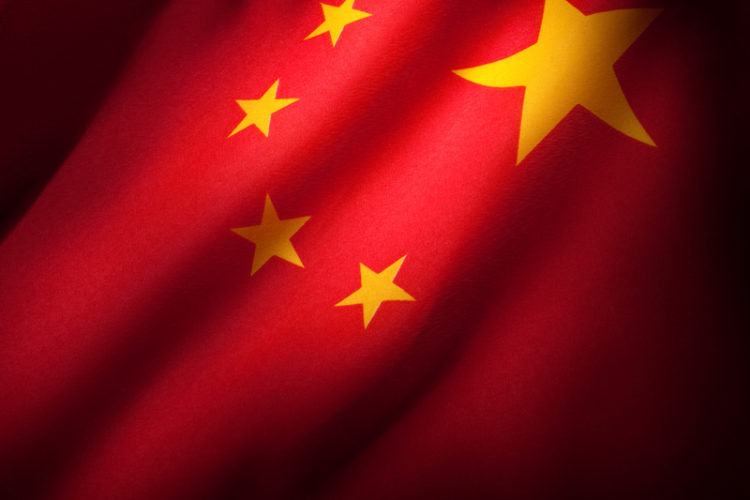
Chinese President Xi Jinping scored a significant win in his combat to seriously undermine President Joe Biden’s leadership of the global order when he secured the surprising addition of six powerful developing countries to the obscure BRICS group of nations.
Xi has successfully started a process to mold an expanded BRICS group as a counterweight to the US-led rich western countries at a summit in Johannesburg, South Africa.
The process could grow into a painful thorn in Biden’s side, especially in light of the continuing Ukraine war, atrophying US influence in the Middle East and burgeoning economic and security tensions between Washington and Beijing.
India is the only significant BRICS power capable of slowing the Chinese juggernaut. Prime Minister Narendra Modi doesn’t see the US as an unfair world power and doesn’t wish to help undermine Biden.
Established in June 2009, BRICS currently comprises Brazil, Russia, India, China, and South Africa. It will add Argentina, Egypt, Ethiopia, Iran, Saudi Arabia, and the United Arab Emirates (UAE) starting on January 1, 2024.
The West is wary of BRICS because China is preponderant with 70% of group output, compared with 47% in 2001. China also provides 69% of all BRICS trade, up from 55% in 2001.
BRICS has heft because it accounts for about 26% of the global economy, up from 8% in 2001. Comparatively, the G-7’s share fell from 65% to 43% over the same period. BRICS is home to 45% of the world’s population compared with 10% for G-7 members. The enlarged BRICS+ would account for about 30% of the global economy.
Xi sees the agreement for expansion as a historic diplomatic win. He expects it will help him to challenge US domination of institutions such as the World Bank, International Monetary Fund, United Nations agencies, and G-7, which is a US-led group of the world’s richest and militarily powerful allies.
Like G-7, BRICS is not a formal organization. It does not have a headquarters, secretariat or founding treaty. Yet Johannesburg was its 15th Summit.
The biggest catch for BRICS is Saudi Arabia because of its strategic importance to both Washington and Beijing. Xi is rushing to take advantage of the increasing nationalism of its self-willed young Prime Minister Prince Mohammed bin Salman Al Saud (known as MBS), who is steadily distancing Saudi foreign policy from traditional acquiescence to Washington’s needs.
Saudi Arabia has said it needs more time to analyze the implications of BRICS membership but is expected to join partly because China is its largest customer for oil. It has already signed several agreements for Chinese investments this year, including technology transfers. Discussions are also underway for a China-built nuclear energy plant in Saudi Arabia, instead of a deal with the US.
MBS dislikes Biden’s sermonizing about human rights and democracy and has been tightening economic relations with China while working on a political rapprochement with Iran mediated by Beijing.
He is also tightening political and economic relations with India because he trusts Modi and sees relationships with Indian technology firms as more reliable with a corporate culture that is easier to handle compared with Chinese companies.
Heading into the Johannesburg summit, Modi was cool towards a rapid expansion of BRICS. He played a central role in picking the six countries out of about 23 that applied to join and over 40 that expressed keen interest. He agreed to the expansion because of UAE and Saudi presence in the group since they are close friends of Washington.
Xi is looking forward to a much larger BRICs group in coming years because he wants to use it as a mantle for Chinese leadership of the Global South. He would like to control more votes in UN forums to defeat US-led initiatives and mold a more China-centric world order, including the UN system.
These are early days but this might be an ambition too far because Modi will remain a reliable friend of Biden and the US. He is more likely to win the trust of countries in the Global South than Xi because India has much longer relationships with many African countries than China. Beijing is trying to buy friends through investments but also adds greatly to African debt.
Delhi is a safer bet. Among other things, it can be a reliable and well-liked investment partner for the US to support African companies while also winning African hearts and minds.
Photo 34903695 | China © Feng Yu | Dreamstime.com
















